Plus a list of the best foods to eat if you have diabetes
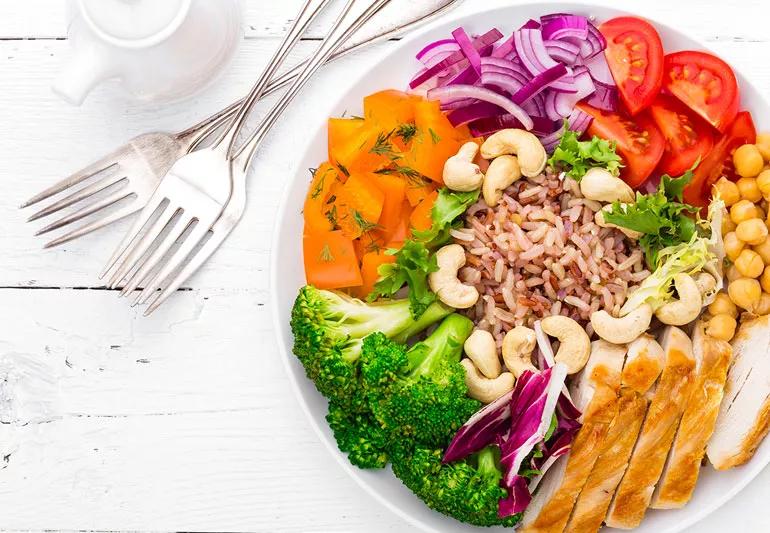
If you want to take control of your health, a diabetes diet can be a great way to do it. And while the word “diet” might seem intimidating, registered dietitian Tegan Bissell says following one may be easier than you think. “A diabetes diet should include the foods you like and fit your lifestyle,” she says.
Advertisement
Cleveland Clinic is a non-profit academic medical center. Advertising on our site helps support our mission. We do not endorse non-Cleveland Clinic products or services. Policy
Bissell teams up with diabetes educator and registered nurse Megan Asterino-McGeean, PA-C, to explain what you need to know to follow a meal plan if you have diabetes.
Asterino-McGeean says that the best diet if you have diabetes isn’t a diet at all. Instead, think of a diabetes diet as a lifestyle.
“This diet plan helps those with diabetes live a healthier lifestyle that improves blood sugar management and reduces the risk of diabetes complications,” she says. “The best diet for those with diabetes should focus on meal planning and eating balanced, correctly portioned snacks and meals.”
Some factors that mean a diabetes diet may be right for you include:
Bissell says the best foods to eat if you have diabetes are:
Advertisement
Proteins help you feel full and satisfied. Examples of lean proteins include:
Try these diabetes-friendly recipes to get your fill of lean protein:
Non-starchy vegetables provide important vitamins, minerals and fiber. “You can consider them ‘freebie’ foods, as they contain minimal calories and carbohydrates,” Bissell says.
They include:
Check out these seven vegetable recipes that are anything but boring, plus other delicious recipes to help you get more non-starchy vegetables into your daily routine:
Healthy fats help you feel full and are beneficial for heart health. They include:
Try these recipes to get more healthy fats in your diet:
Carbohydrates are necessary for energy, fiber and certain nutrients. Complex carbs tend to digest more slowly, which prevents erratic blood sugar levels. Complex carbohydrates include foods such as:
These recipes are good if you have diabetes, and they can help keep your engines running all day:
Bissell recommends avoiding foods that tend to spike blood sugars suddenly and can promote sugar cravings. Foods to avoid if you have diabetes include processed items, such as cereals, candy and packaged snack foods, and sugary beverages, such as juices and sodas.
Bissell emphasizes that “one size fits all” doesn’t exist with diabetes diets.
“Many people incorrectly believe they need to cut out all carbs or ‘white foods,’” she says, “but you don’t have to eliminate — just limit carbohydrate portions to amounts that work for you. And try to choose more complex carbs in the right portion sizes.”
To make the most of your diabetes diet, try the following tips, too:
While you may have to do some trial and error, Bissell says these strategies can help increase your chance for success:
Advertisement
Advertisement
Following a diabetes diet plan is safe, says Bissell, if you don’t take it to the extreme.
“Some people eat a diet that’s too restrictive or low in carbohydrates. This causes them to lack important nutrients or have frequent low blood sugar levels,” she says. “Balance is key, along with being realistic about what habits you can maintain for the long term.”
Advertisement
Learn more about our editorial process.
Advertisement

Fresh or frozen fruits that are low on the glycemic index should be your go-to, as they’re full of fiber and other nutrients

Adding nuts like pistachios, almonds or pecans to your diet can help manage blood sugar levels
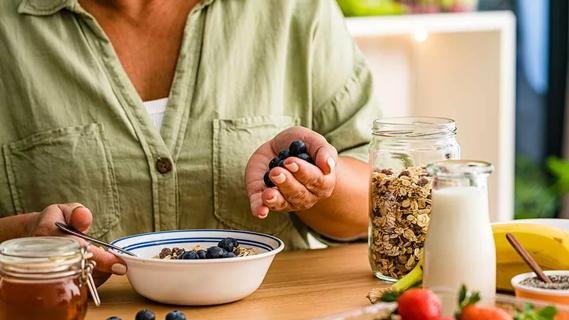
The short answer: Yes, but you need to eat it in moderation and keep track of how much you consume
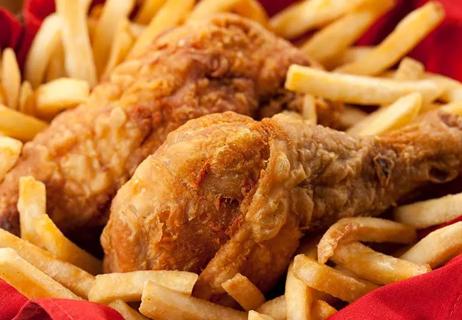
Sweet potatoes are great, but sweetened drinks aren’t so great
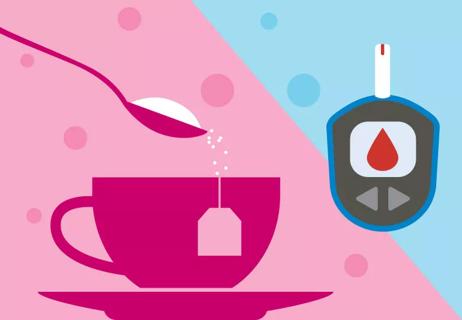
Some sweeteners may have health risks, so it’s best to keep your intake moderate

Regular testing can help detect diabetes early on

It’s important to look out for early signs
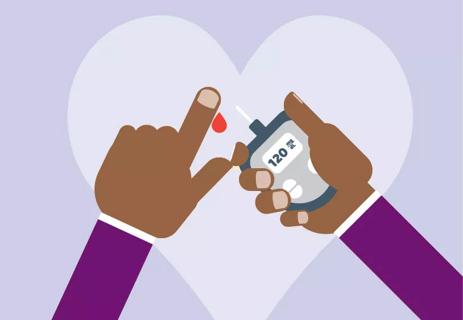
When symptoms are muted, listen closely to your body

If you’re feeling short of breath, sleep can be tough — propping yourself up or sleeping on your side may help

If you fear the unknown or find yourself needing reassurance often, you may identify with this attachment style

If you’re looking to boost your gut health, it’s better to get fiber from whole foods